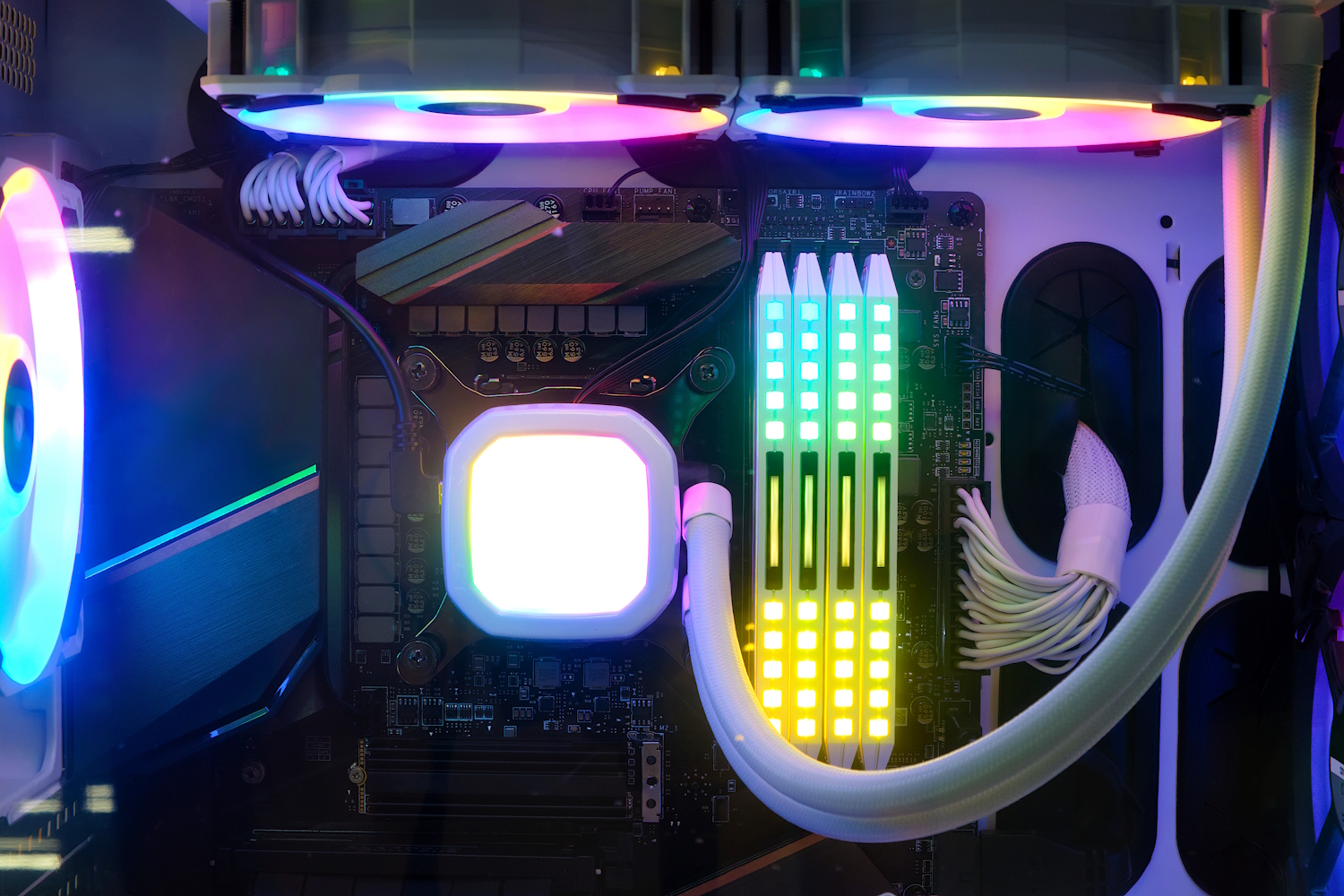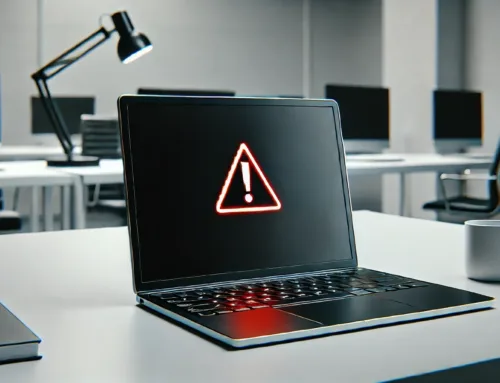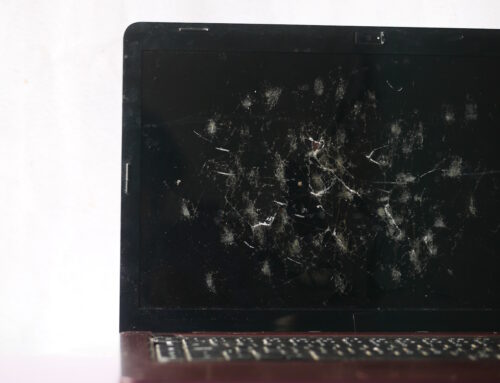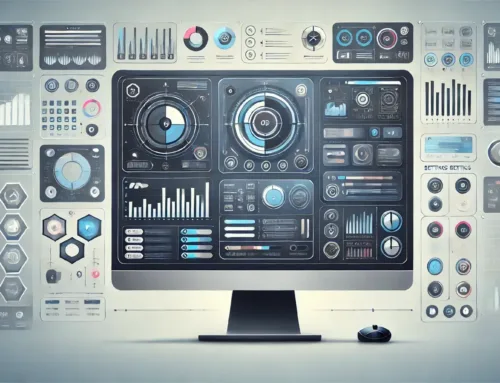Why is My PC So Noisy?
In the world of technology, where sleek design and quiet operation are the norm, a noisy computer can be quite the unwelcome disruption. If your PC is emitting sounds that make you feel like you’re in the middle of a bustling tech convention, you’re not alone. The quest for tranquillity amid the whirring and humming of your computer often leads to a simple question: why is my PC so noisy?

Identifying the Sources of Noise
A noisy computer can be attributed to a combination of factors, with fans and hard disks being the primary suspects. These integral components, essential for your computer’s performance, can turn into noise generators as they age and accumulate wear and tear. The telltale signs of a noisy computer are often indicators of these two main culprits.
1. Fans:
Fans serve as the guardians of your computer’s temperature, ensuring that the processor, motherboard, and graphics card remain cool during operation. However, fans that are loose, too small, or have seen better days can become sonic assailants, generating a symphony of noise that can interrupt your work or gaming experience. If the cooling system’s components aren’t functioning optimally, you’re likely to experience a noisy ordeal.
2. Hard Disk:
Your computer’s hard disk, responsible for storing your operating system, applications, and files, can also contribute to the clamour. As the platters inside the hard disk spin and the head seek data, noise can become an unintended side effect. Excessive noise, especially grinding or clicking sounds, might indicate a hardware issue that requires immediate attention.
3. Loose Components:
Vibration-induced noise can result from components that have come loose within your computer’s casing. These vibrations, when amplified by the computer’s structure, can resonate as disconcerting noise. Loose screws, gaskets, and grommets are prime suspects when it comes to components contributing to the symphony of sound.
4. Environmental Acoustics:
Vibration-induced noise can result from components that have come loose within your computer’s casing. These vibrations, when amplified by the computer’s structure, can resonate as disconcerting noise. Loose screws, gaskets, and grommets are prime suspects when it comes to components contributing to the symphony of sound.
5. Wear and Tear:
As computers age, dust, pet hair, and debris find their way into the inner workings. This accumulation can obstruct fan efficiency, leading to an increase in noise levels. Loose parts and general wear and tear can exacerbate the issue, resulting in more pronounced vibrations and noise.
Strategies for a Quiet PC:
- Initial Adjustments:
– Ensure your computer rests on rubber feet to absorb vibrations. If they’re missing, consider replacements or a soft surface.
– If your computer overheats, cooling pads can assist in dissipating heat and reducing vibrations and noise.
– Adjust the positioning of your computer to muffle the noise, but ensure adequate ventilation to prevent fan strain.
- In-depth Inspection:
– Removing your computer’s back panel allows you to assess attachments. Tighten loose screws and replace gaskets and grommets as needed.
– Gently clean the interior using a soft brush and compressed air to remove accumulated dust. Avoid directing compressed air forcefully into fans.
- Evaluating the Hard Disk:
– If the hard disk is the source of noise, consider upgrading to a solid-state drive (SSD). Excessive clicking from the hard drive might signal impending hardware failure.
- Advanced Solutions:
– Replacing old fans with larger, quieter models can reduce noise levels. Opt for fans with higher airflow and lower decibel ratings.
– If a power supply upgrade is responsible for overheating, choose a power supply with enhanced cooling capabilities.
– Adding sound insulation can help dampen noise, but ensure it doesn’t trap excess heat.
- Contact the Manufacturer for Laptops:
– If you’re grappling with a noisy laptop, consulting the manufacturer is advisable. Laptop designs differ, and specialised solutions might be necessary.
Summary
Excessive computer noise need not be a permanent fixture in your tech environment. By pinpointing the sources of noise and implementing appropriate solutions, you can transform your noisy PC into a harmonious companion. Regular maintenance, vigilance regarding loose components, and adopting strategies to minimise vibrations are essential steps toward achieving a quieter computing experience.
Whether you’re seeking a serene workstation or a tranquil gaming setup, a bit of TLC can go a long way in maintaining a noise-free atmosphere. The journey toward a quieter PC involves understanding the dynamics of fans, hard disks, and components, all while fine-tuning your environment for optimum tranquillity. With these strategies at your disposal, you’re well-equipped to quiet the clamour and embrace the serenity of technology.
At Techfident, we’re dedicated to providing you with insights, tips, and solutions that empower you to optimise your technology experience. From troubleshooting noisy PCs to enhancing your computer’s performance, our mission is to guide you toward a seamless and tranquil tech journey.




